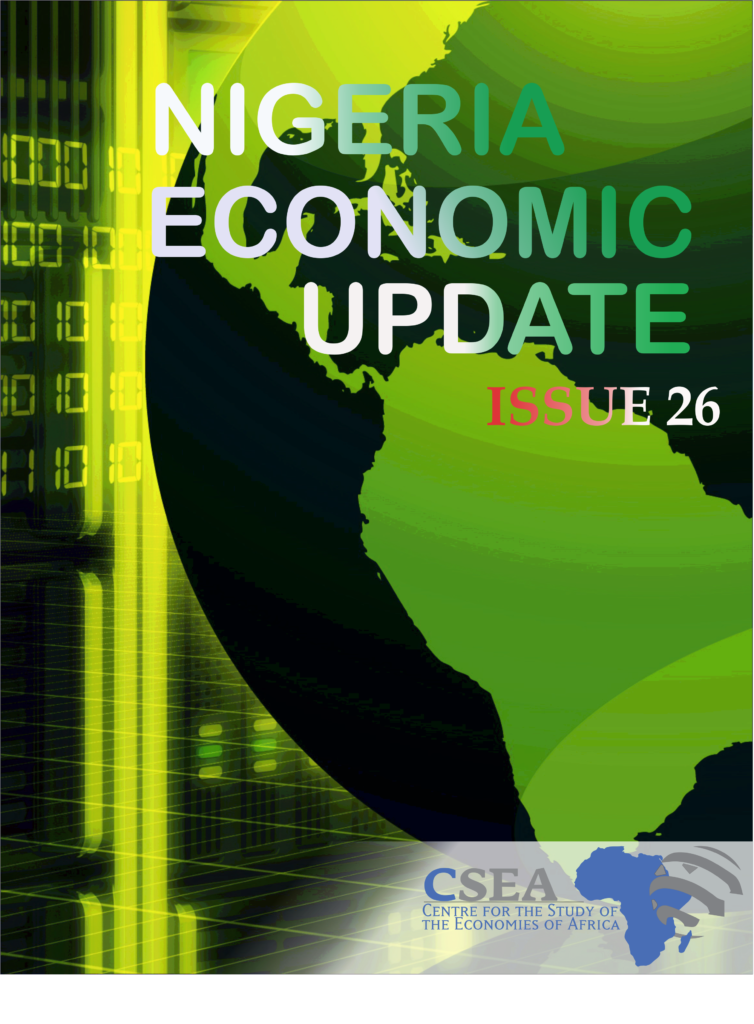Figures from the Debt Management Office show a remarkably high percentage change in debt servicing for the first quarter, 2018. Specifically, the Federal Government paid N643 billion for domestic debt servicing1, a quarter-over-quarter and year-on-year increases of 50 percent (from N429.8 billion) and (from N424 billion) respectively. Increasing debt burdens and debt servicing seem to be exacerbated by the high cost of domestic debt, necessitated by huge domestic borrowings to fund budgets and reflate the economy
Macroeconomic Report & Economic Updates

August 2, 2018
Nigeria Economic Update (Issue 26)
Figures from the Debt Management Office show a remarkably high percentage change in debt servicing for the first quarter, 2018. Specifically, the Federal Government paid N643 billion for domestic debt servicing1, a quarter-over-quarter and year-on-year increases of 50 percent (from N429.8 billion) and (from N424 billion) respectively. Increasing debt burdens and debt servicing seem to […]
Read →
Related
Nigeria Economic Update (Issue 29)
Global oil price edged upwards in the review week. International crude benchmark, Brent, rose week-on-week by 3.1 percent to $50 per barrel as at July 21, 20173 a level it had not attained since June. The remarkable gains followed demand-side progress earlier statistics from China showed increase in crude imports, indicating prospects of higher demand. This was also complimented by the huge drop in US domestic crude production (Crude reserves fell by 4.7 million barrels). If the trend is sustained, Nigeria could record further rise in its Gross Federally Collected Revenue. Nevertheless, there remains a need for Nigeria to overcome the challenge of harnessing its oil and gas resources by making strategic policy choices andensuring coordination in policy implementation to minimize macroeconomic distortions.
